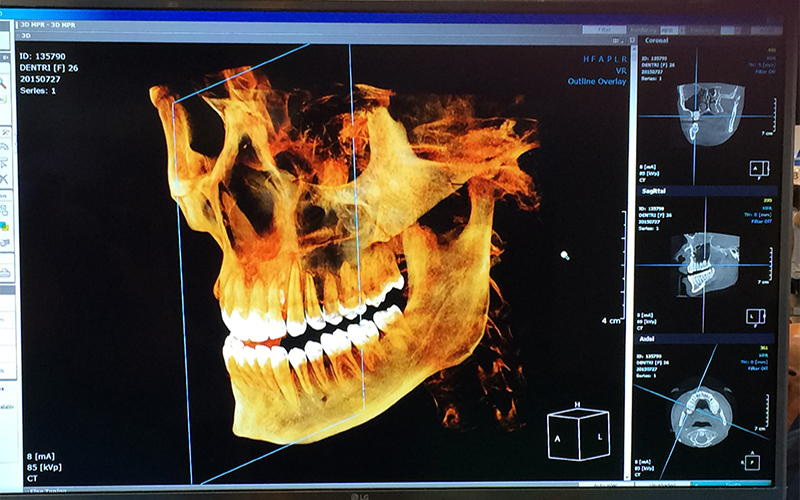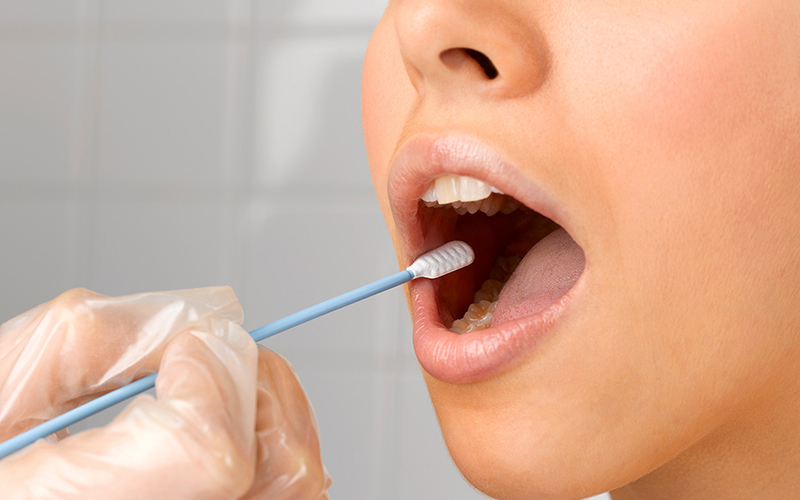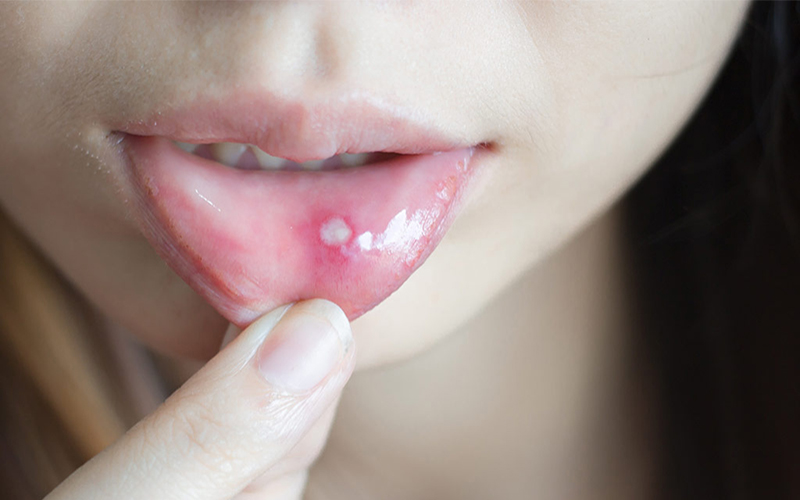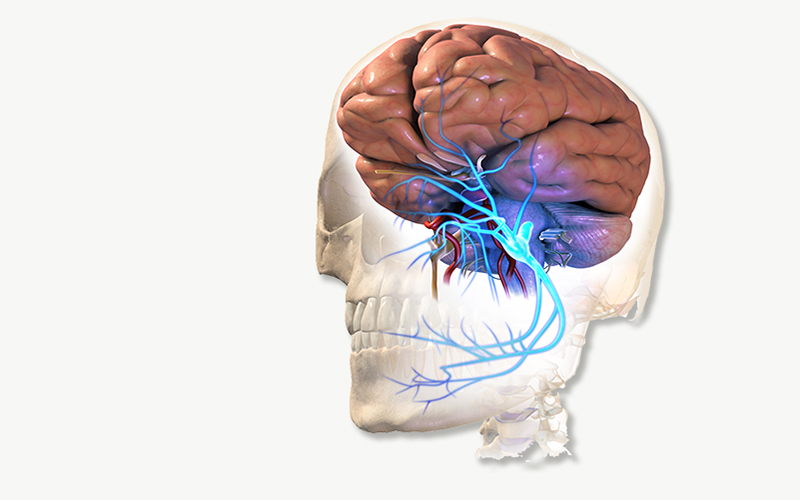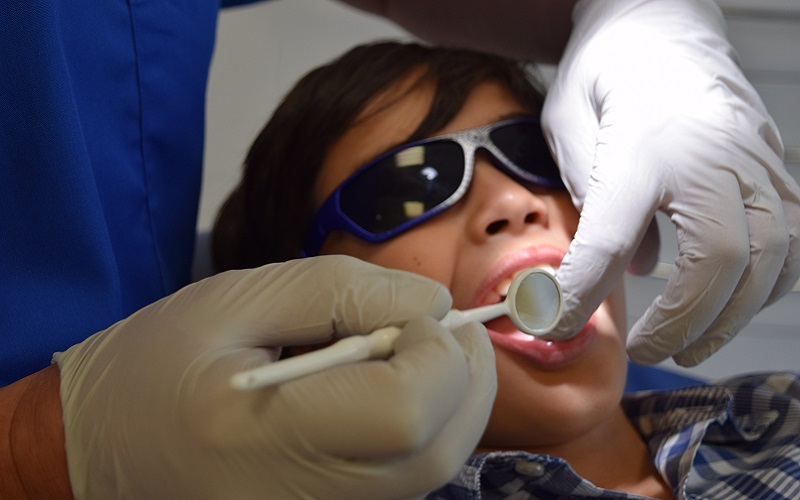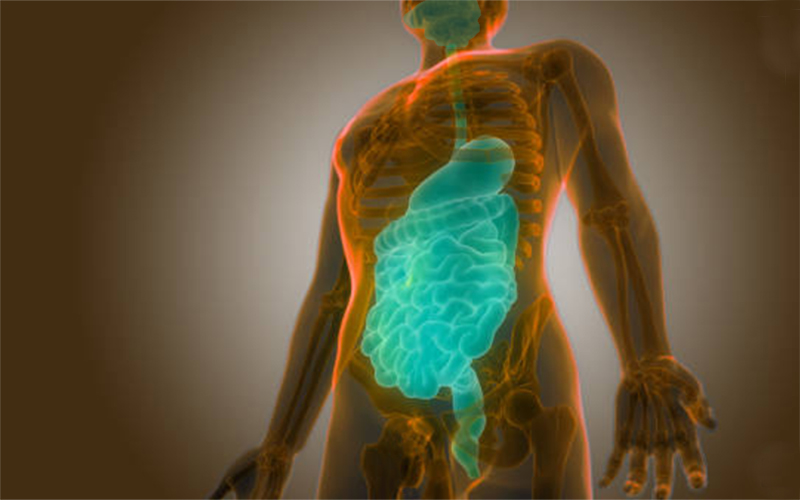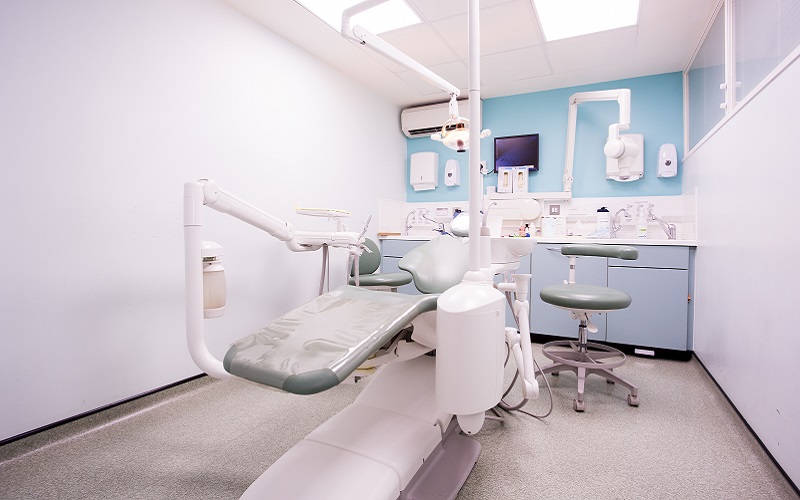Biomedical Research Centre projects
In 2017 UCL Eastman Dental Hospital and Institute were awarded £2million in funding from the National Institute for Health Research (NIHR) in order to support a ground-breaking biomedical research programme in the field of Oral Health and Disease. The funding is part a £111.5 million award won by the UCLH Biomedical Research Centre (BRC), whose mission is to accelerate the translation of world-leading biomedical research into new treatments for patients. This is the first time that UCLH BRC funding has been allocated specifically to an Oral Health & Disease Theme.
The programme is focussed on oral cancer and precancer, facial pain, chronic oral infections and inflammation, salivary gland and jaw bone disorders and dental caries. Projects fall under four different categories:
- Oral infection/inflammation and systemic health & disease;
- Oral cancer and oral diseases in cancer patients and survivors;
- Oral and facial pain;
- Dental tissue defects and loss;
For information about the BRC oral health programme please contact Professor Stefano Fedele
 Close
Close





